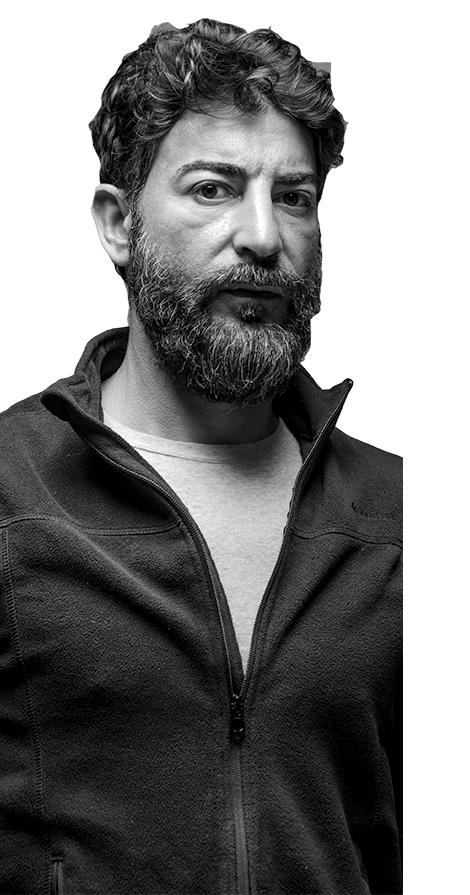Who we are and what we do
I was born in a small village in central Sardinia. When I say “small,” I really mean it; there were only about a hundred families, all related to one another in some form, and not more than 500 people total living there. In this tight-knit environment, I grew up with a strong sense of Sardinian identity.
I earned a degree in biology with a specialization in population genetics, and then earned a PhD studying fat metabolism. For several years, I was a research scientist at the University of Cagliari. My studies focused on an interesting gene called VGF, which gives mice that lack it a surprising and enviable condition: they eat voraciously, but they don’t accumulate fat. Obviously, many people would like to have this condition! Our research linked the activity of the gene to the same cells in the pancreas that are responsible for the production of insulin and glucagon, the two fundamental hormones involved in the regulation of blood sugar.
The research was interesting, but after a while, I realized that my life in academia resembled that of the lab rats in their cages. I decided that it was time to seek freedom, and I left the university. During my years at the university, I had also been following my passion for cooking, becoming more deeply immersed in my native culinary tradition. It was natural to look for a way to combine my greatest interests: tradition, culture, cuisine, and science. So I founded tastingsardinia, the tour company that I still run, and I began to organize culinary trips around the island.
Although we initially focused on cooking and culture, I naturally found myself bringing my scientific background into these trips. As Sardinia became more and more well-known as a longevity hot spot, I found that many of my guests were curious about how the Sardinians live such long, healthy lives. Soon, I found myself specializing in the field of longevity, tailoring educational trips for the academic world. Longevity Academy was born!
These days, we work with many American universities. In our longevity tours, we are inspired by what is published in scientific literature, and “transform” it into a concrete, tangible, authentic experience. Participants gain a great deal of knowledge, which is then deepened and integrated through direct encounters with Sardinian culture.
Let’s take just one example: research has shown that the longevity of Sardinian centenarians, especially the men, is strongly associated with certain aspects of the shepherds’ lifestyle. During a Longevity Academy tour, we spend some time discussing the published scientific research in this area. Then we meet a shepherd and spend a day immersed in his daily routine: we learn to milk goats, we make cheese, we walk the same inaccessible paths that the Sardinian shepherds have been traveling for millennia. The academic knowledge is integrated with real-world encounters for an unforgettable and even transformative experience.
The phenomenon of Sardinian longevity cannot be fully understood without understanding the cultural system of the island. The people of Sardinia are the true holders of its knowledge. Anyone who wants to understand longevity must spend time with Sardinians, experience their lifestyle, and listen as they share what they know. Having lived my whole life here, I offer my guests a truly authentic experience of the real Sardinia. We’re invited into people’s homes, and treated like friends rather than clients.
I believe that a complete view of Sardinia emerges through both modern scientific research and traditional knowledge, and I believe that each informs the other. In this way, we will try to answer many questions and debunk some false myths regarding longevity in Sardinia. For example, are we really sure that the Sardinian centenarians followed a vegetarian diet? Can we consider the diet of Sardinian centenarians to be part of the Mediterranean diet? Has caloric restriction played a role in Sardinian longevity? We often think of longevity as an interplay of genetics, lifestyle, and nutrition; but what about the contribution of the environment?
Join me as we explore all aspects of this fascinating island in the center of the Mediterranean, and how its people live such long, healthy, happy lives. I invite you to explore Sardinia.




